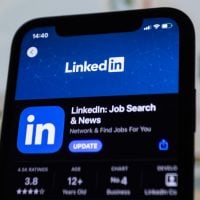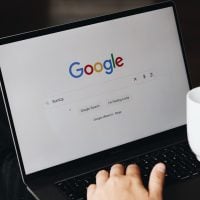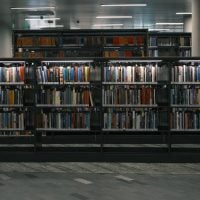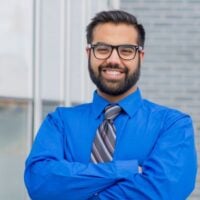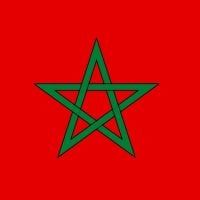Deadline: 20-Aug-2025
UN Women, in partnership with UNDP and the Swiss Agency for Development and Cooperation (SDC), is implementing the “Democratic Reform through Inclusive Participation” project (DRIP) in Bangladesh. This initiative aims to build a more inclusive and participatory democratic and electoral process by ensuring that diverse voices—particularly those of women, youth, and marginalized groups—are actively represented in politics, governance, and decision-making.
The budget range for proposals under this project is between 9,000,000 BDT and 12,150,000 BDT, approximately USD 100,000. The project will be implemented over a period of 14 months, starting from 1 October 2025 to 30 November 2026.
The project scope includes conducting formative research and designing an evidence-based campaign that promotes women’s political participation, leadership, and representation. It also involves pre-testing campaign content, organizing a national launch event to engage stakeholders, and carrying out community-based interventions and policy dialogues to support the campaign’s objectives.
The DRIP project is structured around two key outcomes. The first outcome is to promote democratic reforms and electoral processes that are credible, inclusive, and transparent. The second is to generate and use research and evidence to empower citizens in advocating for transparency, accountability, and inclusivity in electoral processes.
Expected results include boosting civic engagement to support women’s participation in politics. This will be achieved through targeted campaigns in selected areas, aimed at mobilizing public support and shaping inclusive narratives that elevate women’s political leadership.
Priority will be given to women-led organizations and those focused on women’s rights. Proposals may be submitted individually or as part of a consortium. Eligible organizations should have at least 10 years of experience in communication for development and art-based educational initiatives. They must also show a strong commitment to working with excluded or marginalized women and girls, and possess sound technical expertise on gender and intersectionality.
The organization should also have proven experience in conducting inclusive capacity development and reflective dialogues using feminist and participatory methodologies. It must be capable of building strategic partnerships with artists, creative groups, government bodies, and grassroots organizations, and have a strong background in storytelling-based approaches.
Additional strengths, though not mandatory, include experience in applying human rights-based and feminist approaches to leadership, integrating safeguarding and “do no harm” principles, and working with UN agencies or other international and national NGOs.
For more information, visit UN Women.

